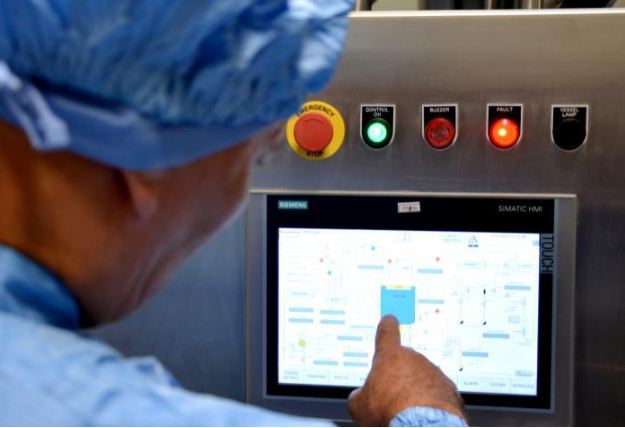As part of the computerization of society, the first system to undergo a digital transformation must be public health, Díaz-Canel emphasized. Photo: Ricardo López Hevia
A project to digitalize Cuba’s public health system was presented at a meeting between Party First Secretary and President of the Republic Miguel Díaz-Canel Bermúdez and Prime Minister Manuel Marrero Cruz with experts and scientists working on health care issues
As part of the computerization of society, the first system to undergo a digital transformation must be public health, Díaz-Canel emphasized.
As “another revolution in health,” Party First Secretary and President of the Republic Miguel Díaz-Canel Bermúdez described the project, “for digital health,” presented at a meeting with experts and scientists working on health care issues.
The Ministry of Public Health project involves “a cultural transformation of health institutions, to produce a positive impact on the quality and safety of services focused on the patient, the family and the community, as a result of the computerization of care, teaching and research processes, through inter-operational integration,” explained Dr. Dalsy Torres Dávila, one of the specialists leading the initiative.
As part of the computerization of society, the first system to undergo a digital transformation must be public health, Díaz-Canel emphasized, adding that this scientific achievement will be one more example of how much our blockaded country can do, based on the knowledge and ability of our people.
Political Bureau member and Prime Minister Manuel Marrero Cruz participated in the meeting as well, along with Deputy Prime Ministers Inés María Chapman Waugh and Jorge Luis Perdomo Di-Lella, and Public Health Minister José Angel Portal Miranda.
Dr. Torres Dávila explained that the general objective of the project is “to develop a digital ecosystem that allows all health institutions to provide integrated, personalized, proactive service focused on the needs of citizens and the community, and develop human capital, as well as support and research networks that improve services provided at all levels of care.”
—René Tamayo León, Granma













